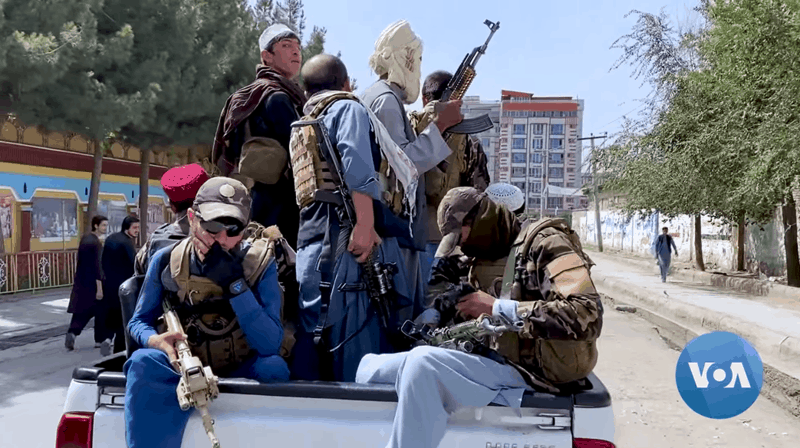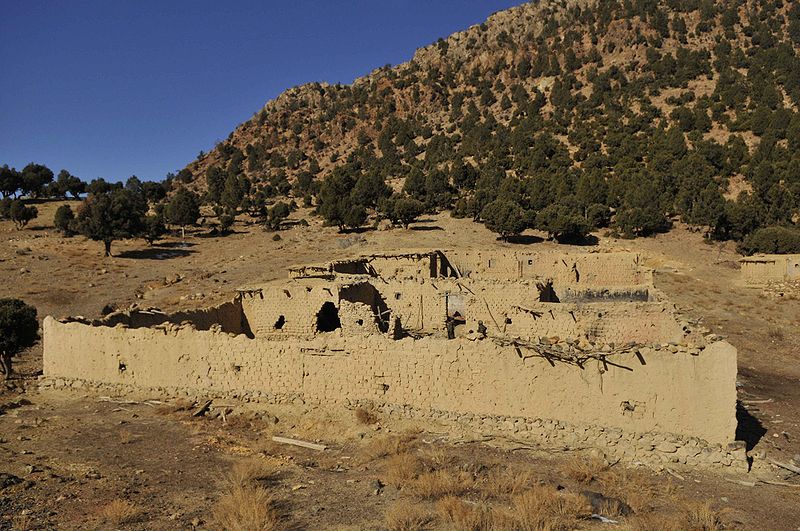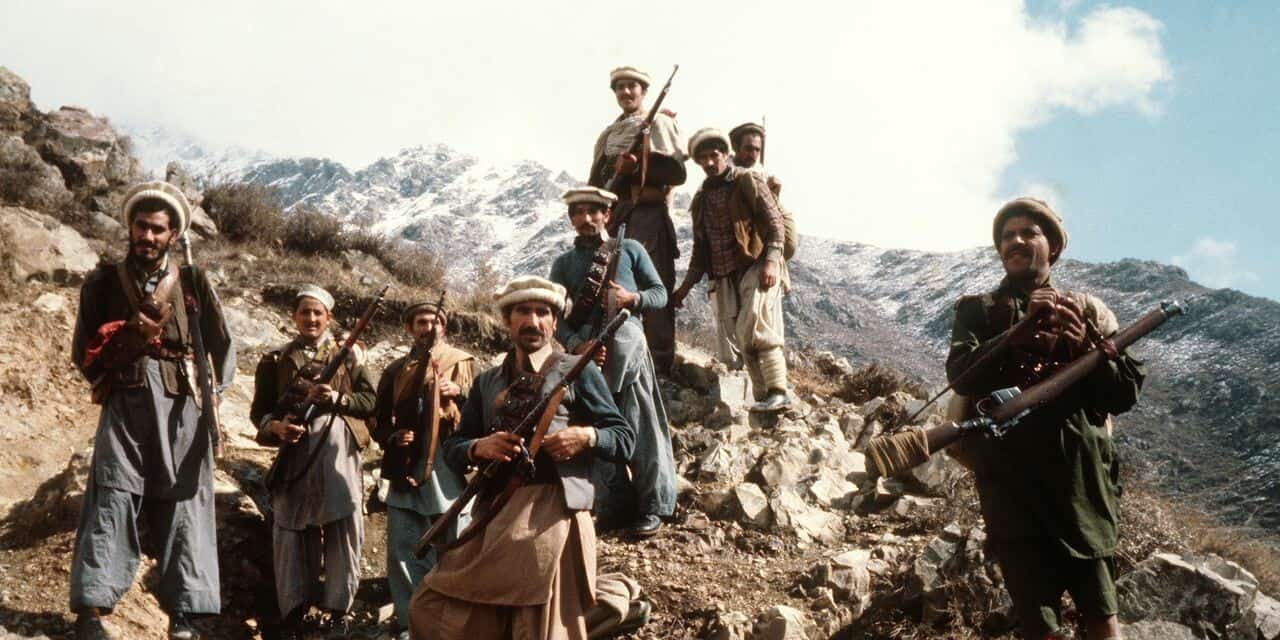Taliban is a word from the Pashto language, spoken by the ethnic Pashtun. It means “students”. Members of the group refer to themselves as the Islamic Emirate of Afghanistan. It represents a social, political, and militarist movement based on their interpretation of the Islamic religious laws known as Sharia. The group and movement first emerged in the mid-1990s, during the Afghan Civil War. During the civil war, up to five or six factions struggled for control of the Afghan nation, led by warlords commanding the mujahadeen. Civil war in Afghanistan emerged among the warlords following the departure of the Soviet armies and raged for years. Despite attempts to form a coalition government in the war-torn country, fighting between the factions continued, incited by foreign intervention from Iran, Saudi Arabia, Pakistan, and others.

The Taliban arose in 1994, with strong support from Pakistan, and by late 1995 were the strongest of the contending factions. After seizing Kandahar, Jalalabad, and Herat, the Taliban captured Kabul in September 1996. Despite controlling the major cities, fighting continued in the rural areas throughout the remainder of the 1990s. Atrocities continued as well. In the late 1990s, the Taliban welcomed Osama bin Laden and Al-Qaeda as allies. Terrorist training camps in Afghanistan led to air attacks by NATO, primarily from United States forces. Following the September 11, 2001, terrorist attacks on the United States, American and NATO forces entered Afghanistan to destroy Al-Qaeda there and to capture Osama bin Laden. Bin Laden eluded them, fleeing to Pakistan. And the Americans and their allies found themselves bogged down in a seemingly endless war with the group called the Taliban. Here is some of what they are.

1. The group formed to take power from the warlords and establish Sharia across Afghanistan
During the Soviet occupation of Afghanistan, Pakistan feared a Soviet incursion into their borderlands. The Pakistani Inter-Service Intelligence Agency (ISI) trained Afghani mujahadeen in fighting the Soviets. Later, the United States provided funding and weapons to the various warlords opposing the Soviets, often through Pakistan. American CIA operatives and private contractors armed and trained fighters in both Pakistan and Afghanistan. Under urging of the United States, so did Saudi Arabia. During the 1980s, when fighting against the Soviets peaked, approximately 90,000 fighters were trained in Pakistan by the ISI and CIA. Among them was Mohammed Omar. Omar trained in Pakistan, fought against the Soviets and later formed the Taliban in opposition to what he saw as the westernization of Afghanistan. Omar studied at Darul Uloom Haqqania, a fundamentalist Islamic seminary (madrassa) in Pakistan.
During the Afghan Civil War which followed the retreat of the Soviets from the war-ravaged country, Omar founded what became known as the Taliban in 1994. He recruited his initial followers from madrassas in Afghanistan and Pakistan, as well as from the hundreds of refugee camps in both countries. Funding and training support for his recruits came from Pakistan, Saudi Arabia, and later from Osama bin Laden and Al-Qaeda. The Taliban opposed the warlords and their rule over segments of the country, as well as the western-supported government in Kabul. By late 1994 Omar commanded over 12,000 fighters, and in November of that year captured Kandahar. By April of 1996, Omar claimed the title Amir al-Mu’minin, meaning Commander of the Faithful. After the capture of Kabul, he moved the capital of Afghanistan to Kandahar, from which he seldom ventured.

